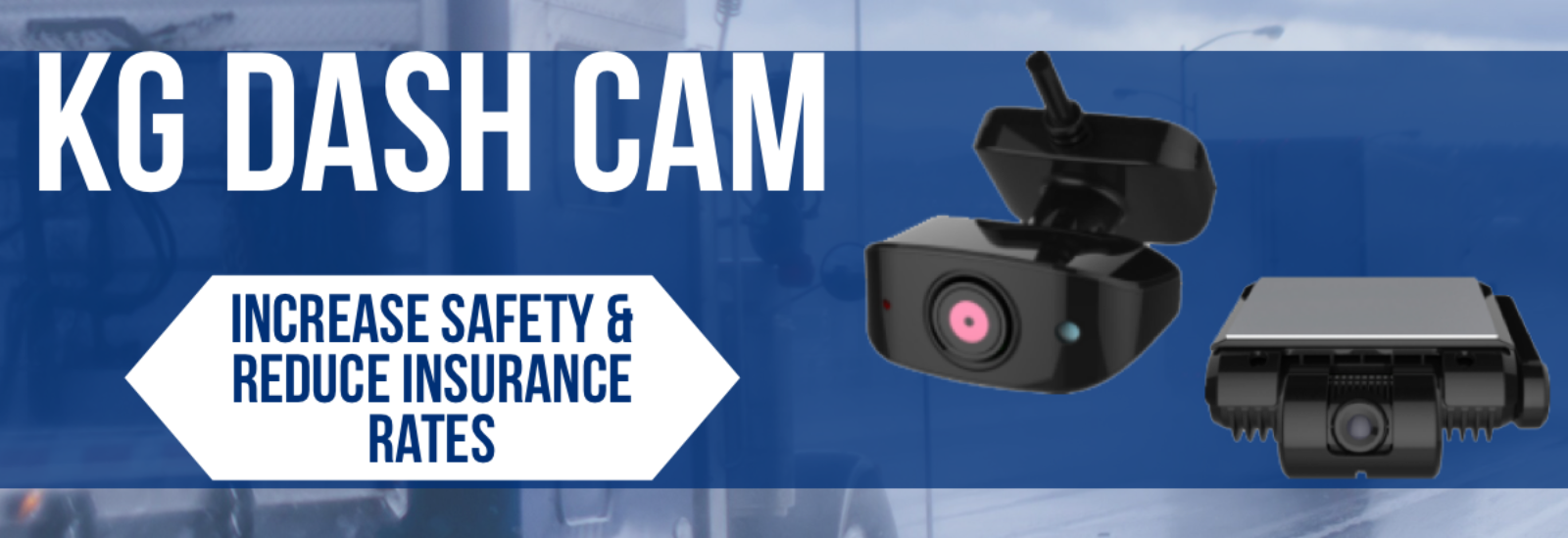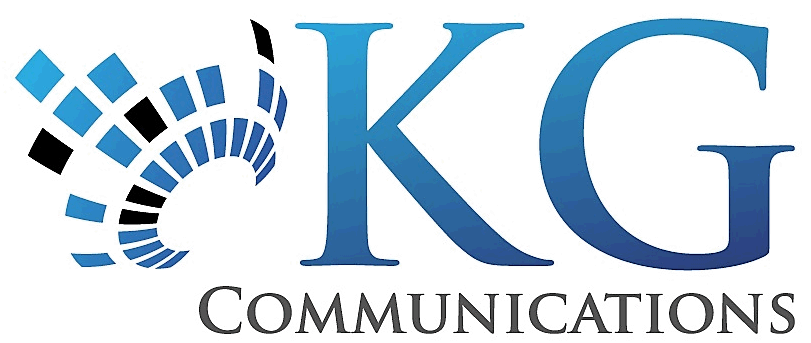Reimbursing employees for business use of private cell phones open the employer to weighty liabilities.
With the passing of Nextel’s Direct Connect and the advance in smartphone technology, many employers, both private and public, have begun paying for a part or the whole of employees’ cell phone bills. On the surface, this might seem a fair thing to do. But – employers watch out!
Not only is cell phone communication rather inefficient, it can be terribly costly to a business when something goes wrong, and policies won’t protect you much.
Legal Doctrine Exposes Employers to Liability.
Grace Horoupian, a partner at Fisher & Phillips in Irvine, Calif., said there is no law that explicitly holds employers liable for moving violations committed by workers who become distracted while driving because they are using cell phones or other handheld devices. But under the doctrine of “respondeat superior,” (this is the understanding that an employer holds heavy implied sway over an employee’s behavior) she said, employers have been held liable for the wrongful conduct of their employees if a court or jury finds that the conduct arose out of the regular course of the worker’s employment duties.
“Thus, if employers are requiring employees to check in with their office, vendors, customers, etc., as a course of their work and they happen to be on a call with someone related to work while driving, the employer will be held responsible for the act of its employees because the employee would have caused the accident while working,” Horoupian said.
So, a simple and otherwise innocent agreement between employer and employee can have very great consequences for the employer.
Notable Cases.
A recent National Safety Council report, Employer Liability and the Case for Comprehensive Cell Phone Policies, notes that “the key phrase ‘acting within the scope of his or her employment’ can and has been defined broadly in cases of crashes involving cell phones.”
In one case cited in the NSC report, a jury found a driver and the corporation that owned the vehicle were liable for $21.6 million “because testimony revealed that the driver may have been talking with her husband on a cell phone at the time of the fatal crash.”
In another case, the employer (a Maryland municipality) of an off-duty police officer who was texting before a fatal crash that killed a college student was held liable for $4 million because the officer was driving a police cruiser, NSC noted.
In a third case, “[a]n employee was involved in a fatal crash while making ‘cold calls’ as he drove to a non-business-related event on a Saturday night,” the report stated. “The firm did not own the phone or the vehicle, but the plaintiff claimed that the company was liable because it encouraged employees to use their ‘car phones’ and lacked a policy governing safe cell phone use.”
The employee’s firm settled the lawsuit for $500,000, NSC said.
“Really, the only time an employer can not be held liable is if the employee has a crash and it’s not on company business and does not involve a company-supported phone,” David Teater, NSC’s senior director of transportation initiatives, told BNA. That leaves every other instance where an employer might be providing some sort of compensation for cell phone use.
The legal, safe and most efficient voice communication for business is still two-way IVC – Instant Voice Communications. See previous articles in this blog or email me for more information.


